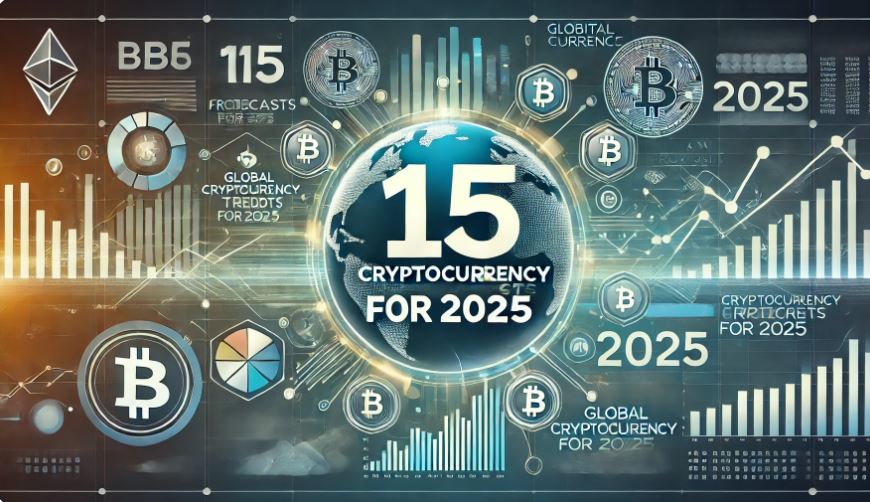Cryptocurrency is reshaping global politics as Bitcoin and Ethereum challenge traditional financial systems. From the U.S.-China digital currency battle to Russia using crypto to bypass sanctions, the geopolitical landscape is shifting. Discover how world leaders, regulations, and decentralized finance are influencing the future of money.
The world of finance and politics has always been interconnected, but with the rise of cryptocurrency, a new player has entered the geopolitical stage. Governments, financial institutions, and even global superpowers are now grappling with the implications of decentralized money. From U.S.-China tensions to Russia’s evasion of sanctions and El Salvador’s Bitcoin experiment, crypto is no longer just a financial asset—it’s a tool of political strategy.
1. The U.S. and China: A Digital Currency Cold War
The U.S. dollar has been the dominant global reserve currency for decades, but China is challenging this status quo. The Chinese government has been actively developing the digital yuan (e-CNY), aiming to reduce dependency on the U.S. dollar in international trade. Meanwhile, Bitcoin and stablecoins like USDT are being used in underground markets, bypassing China’s strict capital controls. The U.S., in response, is exploring a digital dollar to maintain financial dominance.
Key Takeaway:
China’s push for a digital currency and the U.S.'s countermeasures could reshape the global financial system, making crypto a key battleground in economic warfare.
2. Russia & Sanctions: Can Bitcoin Be a Lifeline?
With Western sanctions hitting Russia hard after its invasion of Ukraine, the Kremlin has turned to cryptocurrency as a financial workaround. Reports suggest that Russian businesses and oligarchs are using Bitcoin and other cryptos to move money internationally, evading sanctions.
However, the U.S. and EU are tightening regulations on crypto exchanges to prevent Russia from exploiting this loophole. The battle between regulators and decentralized finance is intensifying, with crypto acting as both a tool for freedom and a weapon for financial survival.
Key Takeaway:
Crypto’s decentralized nature makes it a geopolitical tool—governments want control, while individuals seek financial freedom.
3. El Salvador’s Bitcoin Gamble: A Model or a Warning?
In 2021, El Salvador became the first country to adopt Bitcoin as legal tender, sparking both excitement and controversy. President Nayib Bukele promoted it as a way to boost financial inclusion, attract investors, and reduce reliance on the U.S. dollar. However, the move has also drawn criticism from the IMF and World Bank, warning of financial instability.
Now, other countries—especially in Latin America and Africa—are watching closely. If El Salvador’s Bitcoin experiment succeeds, more nations might follow, challenging the global financial order.
Key Takeaway:
El Salvador’s Bitcoin experiment is a test case for how nations could integrate crypto into their economies without relying on traditional banking systems.
4. The Role of Crypto in Election Campaigns
From the U.S. presidential race to European elections, politicians are increasingly turning to crypto for campaign funding. Pro-crypto candidates argue for financial innovation and decentralization, while others warn of money laundering risks. The debate over crypto regulation is becoming a key election issue, shaping policies for the future.
Key Takeaway:
Crypto is now a political issue—how governments regulate it will define the next decade of financial evolution.
Conclusion: The Future of Crypto in Geopolitics
As nations compete for economic dominance, cryptocurrency is no longer just an asset—it’s a tool of power, resistance, and financial revolution. Whether it's China vs. the U.S., Russia dodging sanctions, or El Salvador leading a financial experiment, one thing is clear: crypto is reshaping the world order.
Governments can regulate, ban, or adopt it, but they can’t ignore it. The question remains: who will control the future of money?

















Comments 0